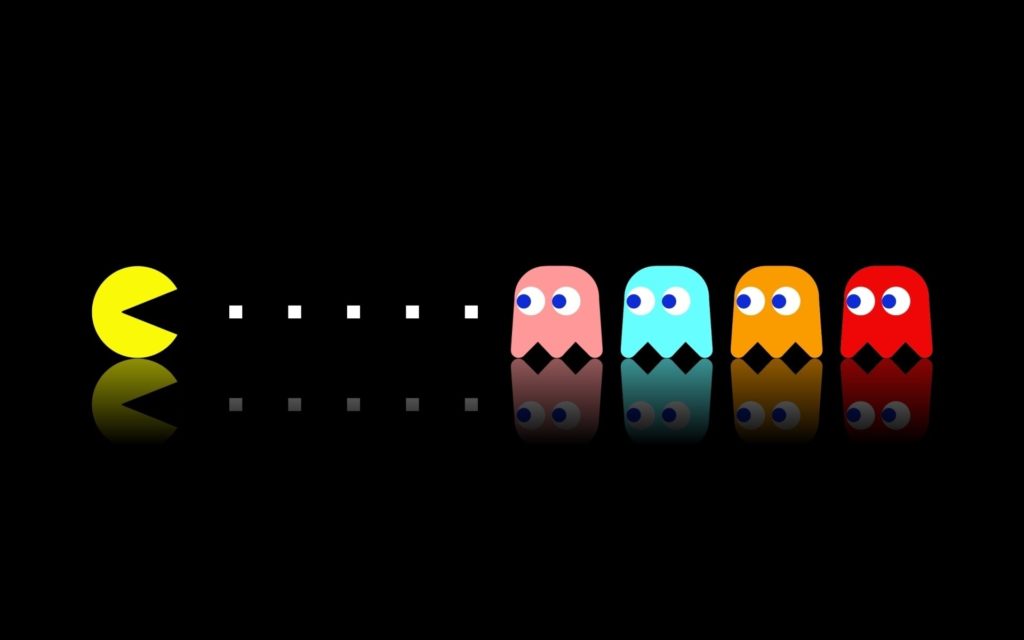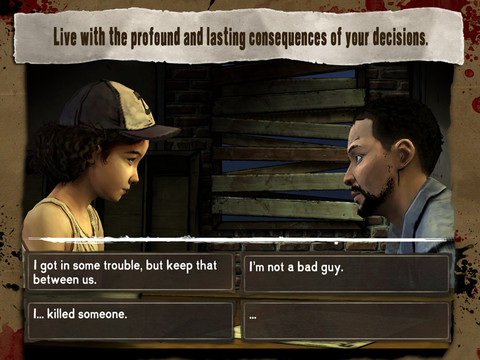Apparently, five year old articles can cause a lot of controversy if placed in the right context. Anyway, this isn’t directly related to that article, more some thoughts I’ve been having about this issue in particular.

To get things straight out of the gate, any media made by human hands is bound to involve sin in some sense. That’s an inevitable reality of humanity’s state of mind more than anything else. We relate to each other because bad things happen to us, and often those bad things result from the broken relationship we have with God’s created order as a result of sin. Try as we might to whitewash this fact, covering this facet of reality ends up proposing a “false” reality where everything’s just fine and dandy. But, we all know in the back of our minds this isn’t the case. I would declare this to be the reason why most Christian media presents me with cognitive dissonance
For example. something’s just not quite right in God’s Not Dead, not the least of which is a dumb college kid beating a college philosophy professor at his own game. As a person who has a B.A. in Philosophy, officially and without hyperbole, I can tell you that no professor hired at any college would somehow be beaten by a mere child. Prodigies aside (and seriously, what child prodigies actually went to college at the right age?), years and years of experience buttress a person’s worldview. Philosophy proponents have heard the same arguments over, and over, and over again; depending on their particular disposition, they may not even believe in the veracity of logic and rationality. This movie literally makes no sense to me in every facet of its being, because I understand the true reality behind such a situation. It pushes my suspension of belief too far into unbelief.

It would seem God also understands this as well, if Scripture is anything to go by. Every single person of faith in the Bible shows a multitude of personal faults and sin. Moses murders some random Egyptian guard, among other things. David both murders a guy (not even hand to hand, but by abusing his influence) and commits adultery – a double whammy if I’ve ever seen one! Lot’s daughters get Lot drunk and sleep with him to produce children (probably less unsavory back then, but I can’t say that the tale aged well). Prophecy can involve incredibly violent (how about all those holy wars, eh?), or sexually explicit (Ezekiel 23), admonitions and predictions. Of course, I’m not saying God Himself does not look down upon these things, but they’re in there for a reason: to give us context.
And often, in video games, sin is context for conflict. Conflict is hard to portray in a way that doesn’t involve active player involvement, and while there’s plenty of counter-examples to this statement, they are clearly outliers from the norm. Video games seem naturally suited to display such a thing – a player against the world, combating whatever stands between him/her and his/her goal.The earliest video games just don’t have much of a stake in presenting anything other than the bare minimum of premise to get players engaged in the fundamental mechanical interplay at hand. Nobody debates on whether or not Pac-Man should eat those ghosts!

Obviously, stories and narratives in games make this much more complicated now that we’re provided additional context for our actions, or the player character’s actions. Some games let you become the character, while others make you more a participant in a particular character’s actions. In either case, video games provide us the potential for vast discomfort about what we’re watching and what’s happening on screen. The Witcher III provides a complicated web of potential outcomes, and despite any sense of moral code, good intentions can turn into horrible consequences. Or, we can take the example of Rockstar’s video game oeuvre, which often make us play the lowest of the low, the scummiest possible people imaginable – and then we end up liking them by the game’s end. Why is this?
I hesitate to call it “playing at sin”, but I would say ventures into games with dark themes and adult subject matter has less to do with that, and more with relating to these characters. You start to understand their motivations, and why they do what they do. Moral judgment becomes much more difficult when you become familiar with a character over the course of their development arc. That doesn’t make the things they do right, or you complicit in their actions, but it does bring a certain of perception you couldn’t have otherwise – that makes video games very unique in that respect. You can “play act” as other people, and begin to see why they would do this. That’s the developer’s intention, after all, whether to allow you the freedom of choices both wide and narrow in their game world.

Intention provides a further nuance to the whole. You, personally, may want to kill people and whatnot – that, I think, is an entirely different thing from what a video game is trying to provide. Video games are mechanical experience with rules and an experiential overlay, but adding your own base intentions to it can prove problematic. As far as that goes, stay away from games that could cause you problems in this regard – simple as that. If you believe contact with questionable elements will become a problem for you, then don’t play the game.
So, what should you learn? Well, that comes down to the individual, of course, but I would hope you learn something from such games. Playing a role, like in an acting context, and actually wanting to do those things, are quite different! And so I would say, examine what’s in your heart first before you judge those playing video games with “sinful” content. Psychological projection can prove to be a destructive force if we don’t take the time to investigate what we’re criticizing, and getting into another person’s head-space is a worthwhile exercise anywhere – video games provide us an opportunity to do this, and one we shouldn’t waste.
